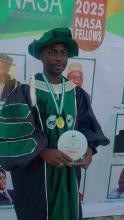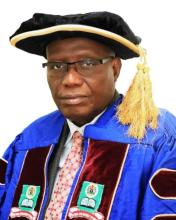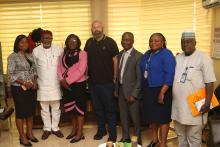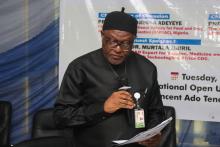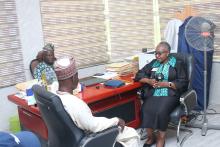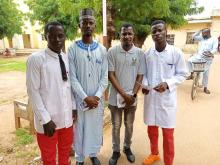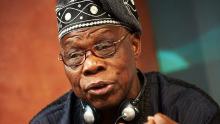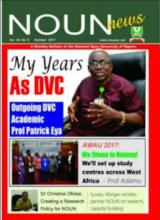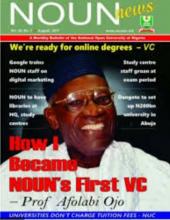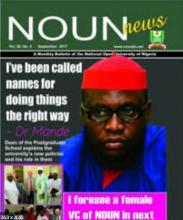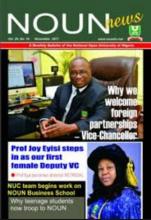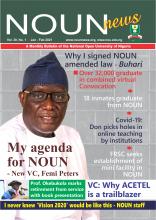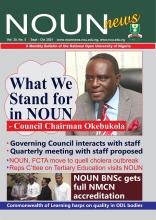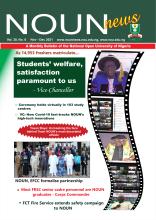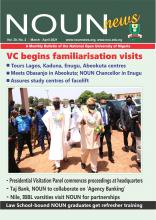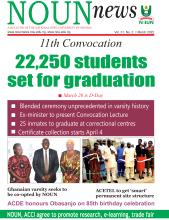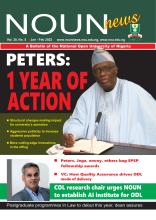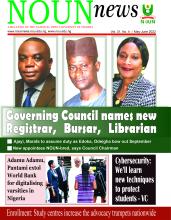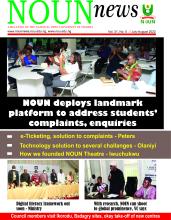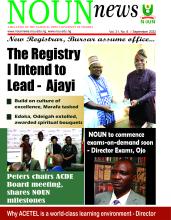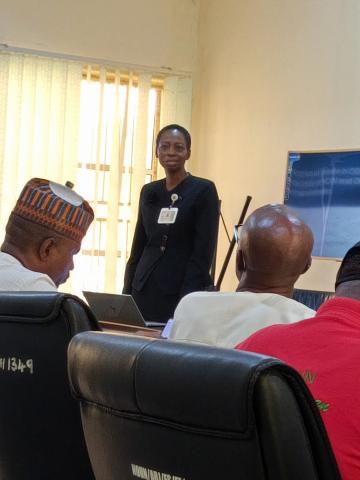
In a landmark academic gathering, the Faculty of Sciences, National Open University of Nigeria (NOUN), has hosted its maiden colloquium, drawing attention to the teaching of practical science in the Open and Distance Learning (ODL).
With the theme: “Teaching of Practical Science in ODL: A Comparative Study of NOUN and Other Selected ODL Universities,” the event was held at the university’s headquarters in Abuja, which set the stage for informed dialogue, insight, and strategic vision for the future of science education in the ODL landscape.
The colloquium commenced with a welcome address by the Dean, Faculty of Sciences, Prof. Kolawole Lawal, who emphasised on the significance of the event in the broader context of innovation in science education.
“This colloquium marks a defining moment in our faculty’s journey. It is a bold step toward confronting one of the most persistent challenges in ODL—delivering quality practical science education across distances,” he stated.
Lawal praised the efforts of the planning committee, staff, and students for their dedication and stressed the importance of collaboration with technology partners, policymakers, and other institutions to reimagine science teaching beyond traditional classrooms.
The keynote lecture was given by Prof. Monioluwa Olaniyi, a respected expert in science education and ODL systems.
Her presentation, titled: “Teaching of Practical Science in ODL: A Comparative Study of NOUN and Other Selected ODL Universities,” was both comprehensive and enlightening.
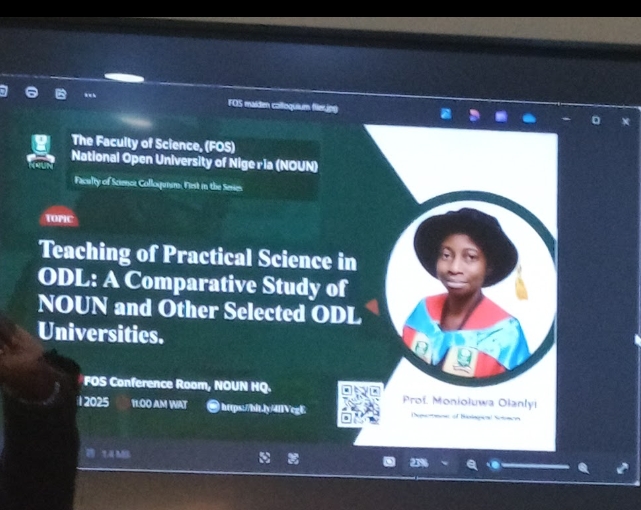
Olaniyi began by tracing the historical development of practical science in ODL, particularly within NOUN, recalling the early days of NOUN’s science programmes, where theoretical content dominated, and practical components were minimal due to logistical constraints.
Over time, however, the university evolved, introducing virtual laboratories, science kits, and in-person practical sessions at selected study centres, she said.
“NOUN has made remarkable progress over the years,” she noted. “From using manuals and printed materials to deploying digital simulations and lab kits, the institution has shown resilience and commitment to scientific learning.”
She then compared NOUN’s practices with those of other ODL institutions, like the Open University of London, and explained that they have adopted blended approaches that combine interactive virtual labs, mobile learning applications, and community-based practical centres.
The former DVC identified several challenges still facing NOUN, which include, among others, inadequate hands-on experience for students in rural areas, gaps in tutor-student engagement during practical sessions and the need for harmonised assessment of practical components.
She, however, listed certain recommendations, including the establishment of regional mini-labs, development of mobile-friendly simulation apps, integration of artificial intelligence in lab environments, and stronger academic partnerships.
“We must stop seeing distance as a limitation. With the right tools and commitment, we can make practical science as effective in ODL as it is in conventional settings,” Olaniyi said.
Delivering a goodwill message on behalf of the organising committee, Prof. Emeka Ogoko, the Chairman of the Faculty of Sciences Seminar Committee, expressed satisfaction with the successful turnout and quality of discussions.
“This colloquium is the first of many. It is not just a forum to identify problems but a platform to find solutions,” he said.
He commended Prof. Olaniyi and emphasised the need for continued intellectual engagement through regular seminars, academic publications, and policy advocacy.
The Deputy Vice-Chancellor (Academics), Prof. Chiedu Mafiana, who represented the university’s management, applauded the Faculty of Sciences for taking the initiative to address a long-standing issue in a thoughtful and scholarly manner.
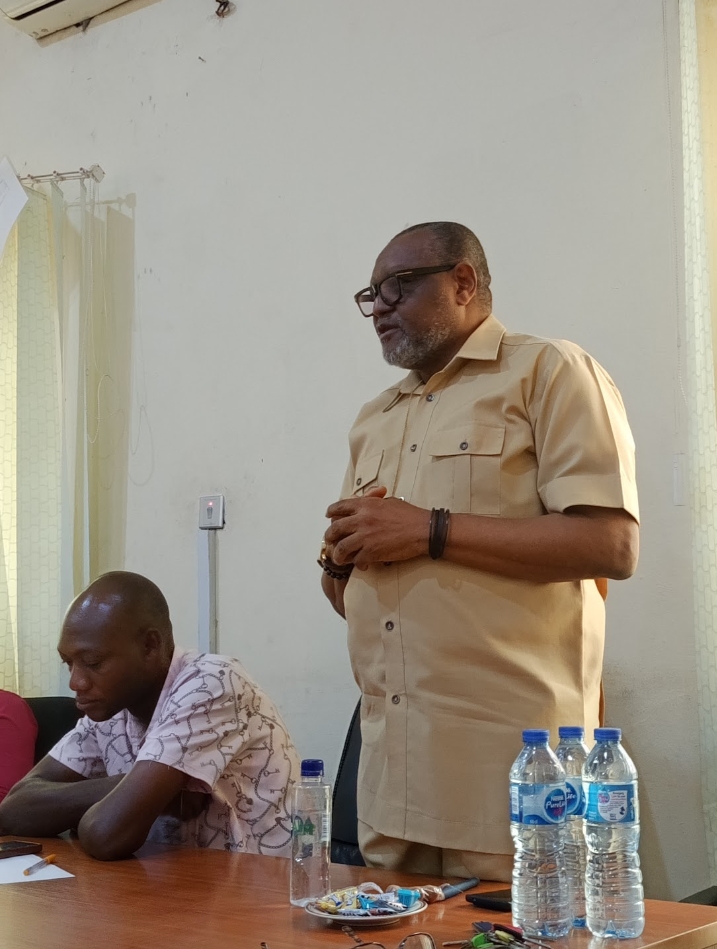
“This colloquium has set a new standard. We are proud of the Faculty of Sciences for leading this conversation and for their commitment to excellence in teaching,” Mafiana said.
He assured the faculty of the university’s full support in implementing the ideas generated at the colloquium, including funding for digital infrastructure, staff training, and international partnerships.
The DVC also hinted at the launch of a university-wide innovation strategy aimed at leveraging technology to improve practical learning in all disciplines.
- Log in to post comments
- 79 views

